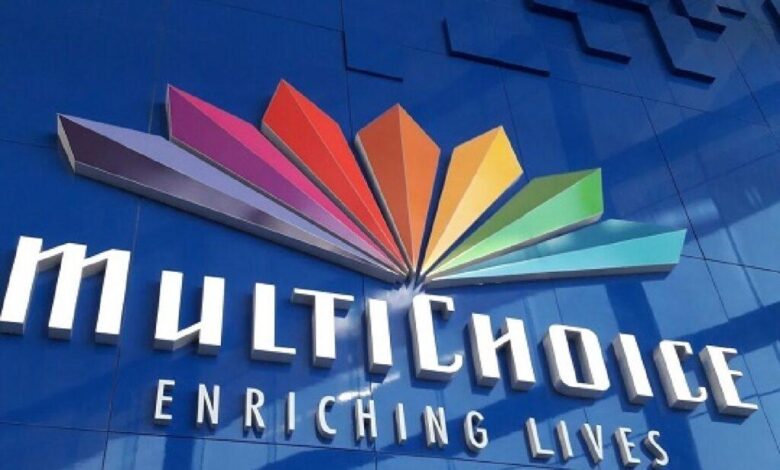

Firm to acquire majority stake in MultiChoice’s Insurance Business
By Esther Agbo
In a move within the African financial services landscape, Sanlam Limited, a leading South African insurance company, announced it will acquire a 60% stake in NMS Insurance Services (NMSIS), the insurance arm of pay-TV operator MultiChoice Group.
The deal, valued at R1.2 billion South African rand, (approximately N99.14 billion), aims to leverage both companies strengths to expand their reach across Africa.
The transaction, revealed in a joint statement on Tuesday, includes a strategic long-term commercial arrangement. This partnership is expected to enhance insurance and financial service offerings to MultiChoice’s substantial African subscriber base.
Additionally, the agreement features a performance-based earn-out provision, potentially adding up to R1.5 billion, contingent on NMSIS’s gross written premiums for the financial year ending December 31, 2026.
MultiChoice, while retaining a 40 percent stake in NMSIS, plans to use the proceeds from the sale to bolster its working capital. The company has been facing challenges, particularly a 13 percent decline in subscribers across key markets like Nigeria, Angola, Kenya, and Zambia, attributed to adverse economic conditions and currency depreciation.
The CEO of Sanlam Group, Paul Hanratty, expressed optimism about the deal, stating, “It affords us the opportunity to leverage our respective market footprints and technological capabilities that will support growth and market penetration, as well as provide opportunities to realise synergies for the benefit of all stakeholders.”
MultiChoice CEO, Calvo Mawela highlighted the strategic importance of the collaboration, he said, “This collaboration with Sanlam is a strategic milestone for MultiChoice. It not only allows us to increase the value we provide to our subscribers but also enables us to leverage Sanlam’s expertise to drive growth and innovation in our insurance offerings across the continent. It is a nod to the incredible work done by our teams.”
Despite the economic challenges, NMSIS has shown resilience, reporting a 36 percent year-on-year increase in gross written premiums and a 51percent rise in profit after tax for the first quarter of 2024.
In the fiscal year ending March 2024, MultiChoice experienced a 13 percent decline in subscribers in Nigeria, Angola, Kenya, and Zambia. The weakening of local currencies in these countries, including Kenya, led to a 32 percent reduction in the company’s USD revenues.
Multichoice attributed the decline in its subscriber base in Nigeria, one of its largest markets, to the state of the economy, saying, “The group’s nine per cent decline in active subscribers was mainly due to a 13 per cent decline in the rest of Africa business as mass-market customers in countries like Nigeria had to prioritise basic necessities over entertainment.
“FY24 presented the toughest set of macro-economic conditions for the rest of Africa business since 2016. The official and parallel naira exchange rates reached peaks of N1600:1USD and N1900:USD respectively in February 2024, with several other African markets also experiencing extreme foreign exchange depreciation.
“This resulted in a translation impact for the segment’s USD revenues of 32 per cent. High double-digit inflation in many of the group’s core markets has led to immense pressure on customer spending power.
“This, combined with the benefit of the FIFA World Cup and Nigerian elections in the FY23 base, resulted in the active subscriber base falling by 1.2m to 8.1m at the end of FY24.”
In a related development, MultiChoice has entered into a Cooperation Agreement with Groupe Canal+ SA following a South African regulatory ruling. Canal+ was mandated to make an offer after increasing its stake in MultiChoice to over 35 percent.
However, Canal+ now holds a 45.20 percent share in the group.
The Sanlam-MultiChoice deal signifies a strategic alignment aimed at navigating the complex African market, combining media and financial services to address emerging consumer needs and economic realities.




